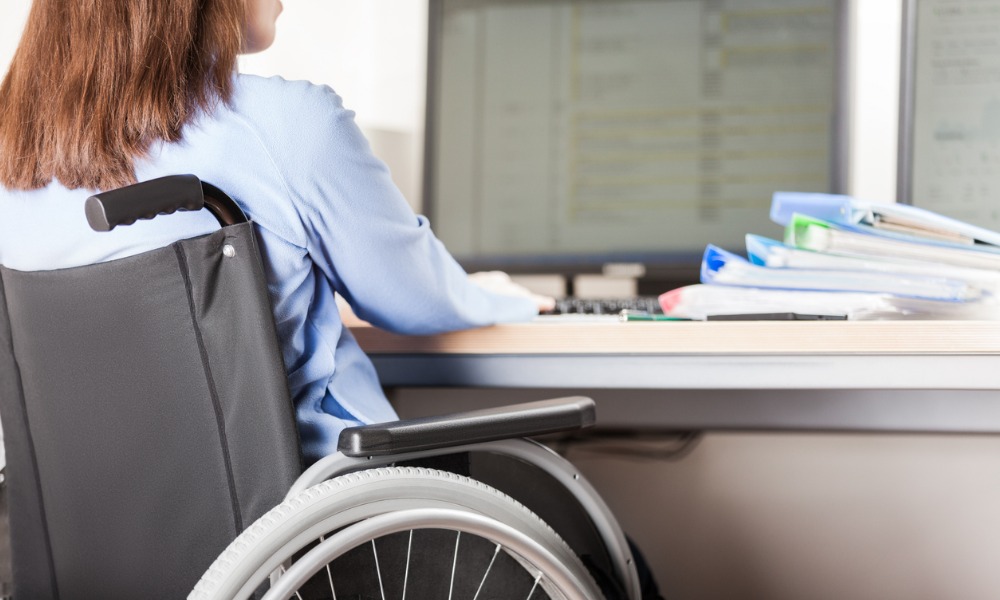If you’re opening a new restaurant, or want to expand your current one, restaurant equipment leasing may be one of your options to acquire new equipment. As such, Canadian laws affecting equipment leases in general will guide you on what to expect when entering these types of contracts.
What is restaurant equipment leasing in Canada?
Equipment leasing is the lease of personal properties that is necessary for the conduct of one’s business. It may come in many forms, one of which is restaurant equipment leasing.
Some examples of personal properties that may be leased through restaurant equipment leasing are:
- Front-of-house equipment (e.g., furniture and fixtures)
- Point-of-sale system
- Security system
- Refrigerator
- Freezer
- Stainless steel counters
- Oven
- Dishwasher
- among others
Types of equipment leases
There are different types of leases that you can choose from, such as:
- Operating lease or fair market value lease: use of the lessor’s equipment subject to fixed monthly payments over a fixed period in a rent-like arrangement
- Finance lease or capital lease: use of the lessor’s equipment through loan-like arrangement with an option to buy at the end of the lease
Finance Leases may have different variations, such as:
- $1 Buyout Lease
- Purchase Option Lease
- Sale and Leaseback or Leaseback
Ownership of the leased equipment
Those who are considered as the true “owner” of the equipment will differ in each type of equipment lease. This will be relevant to prevent any problems that may arise during the lease contract.
- Operating lease or fair market value lease: ownership is not transferred to the lessee and is retained by the lessor
- Finance lease or capital lease: at the end of the lease, ownership may be transferred to the lessee (at its option) at a price way below its fair market value
Watch this video to know more about the advantages of equipment leases to new or start-up companies:
To know more about how to use equipment leases to benefit your business, consult a lawyer in your area. If you’re in Toronto, for example, consult with a Lexpert-Ranked asset equipment finance/leasing lawyer in Ontario.
Laws governing equipment leases
Before you start venturing into a lease, it’s important to know the different laws and regulations that govern restaurant equipment leasing in Canada.
Laws on contract
Lease agreements are generally contracts between the lessee (you as the borrower) and the lessor (the bank or financing institution). As such, common law and principles governing contracts will apply.
Some laws and principles that apply to restaurant equipment leasing are:
- all elements of a contract must be present to be valid and subsisting
- the contract must be performed in good faith by all parties
- the contract may be cancelled in case of misrepresentation, undue influence, or illegality
- remedies and damages may be imposed against the liable party in case of a breach of contract
Registration under the PPSA
On the part of the lessor, leases and security interests of personal properties must be registered under the Personal Property Security Act (PPSA) enacted by the different Canadian provinces.
For example, a lease must be registered under Ontario’s PPSA, provided that the term of the lease is:
- over one year, or
- one year or less, but is renewable after one year, or
- one year or less, but the lessee can retain uninterrupted possession of the property for more than one year without the consent of the lessor, and the actual possession exceeded one year
- for an indefinite term, but either party can terminate the lease within one year
Note that PPSA only applies if the entity holds itself to engage in the business of leasing regularly. However, courts are not prevented from interpreting when an entity can be considered as a lessor or to expand such coverage in resolving any doubts.
Seizure and Redemption under the PPSA
Once a lease is registered under the PPSA, the law grants your lessor the right to seize and sell your collateral to satisfy the debt if you have defaulted on your lease contract.
In other words, your lessor can now arrange for the possession (or repossession) of your assigned collateral, liquidate such collateral through a public or private sale, and apply its proceeds to your debt. The exercise of this right must follow some procedures, such as the sending of the appropriate notifications, and that it can only be executed after the legal waiting periods have expired.
As a lessee, you may still be able to retrieve such collateral by exercising your right to legal redemption. In this case, the redemption will now be subject to the new terms that your lessor will stipulate.
How are leases treated under Canada’s tax laws?
Under the Canada Revenue Agency (CRA), leasing costs will affect your taxable income during the tax year of your lease.
Engaging in restaurant equipment leasing can also provide you with some tax savings or deductions like Input Tax Credits (ITCs) and Monthly Payment Deductions.
Input Tax Credits (ITCs)
Leasing equipment will not require you to directly pay the Sales Tax. Instead, you will only pay a smaller Sales Tax for the lease payment that you make each month.
You can claim ITCs on the Sales Tax portion of the cost of lease for every year that you continue to hold the lease.
If you later upgrade your equipment or do a trade-in before the end of the lease, this could also mean that you would be paying less taxes. This is because you’ve only paid taxes on the equipment during the lease.
ITCs: Lease v. Bank Loan
Compare this if you directly purchase equipment. Under bank financing or direct cash purchase, you would have to directly pay the full amount of Sales Tax at the time of purchase.
While you can claim a one-time ITC for the tax year that you made the purchase, you can no longer claim any ITCs for the succeeding tax years. This also applies even if you’re still paying the bank financing or the loan that you made to do a direct cash purchase.
Monthly Payment Deductions
Another opportunity for tax savings in a restaurant equipment lease is that you can deduct the total lease payments made for that tax year on your year-end tax filings. These deductible lease payments can be a combination of principal and interest payments.
In addition, these lease payments are deductible whether they are referred to as an operating lease or capital lease for accounting purposes. The CRA does not differentiate between operating lease or capital lease.
This deduction also applies to all equipment leases – even those which are not for restaurant uses per se – such as computers, cell phones, fax machines, and other equipment.
Deductions: Lease v. Bank Loan
It is in contrast with bank finance, where you can only claim a tax deduction for the interest – and not on the principal payment – of the bank finance payment. This is because the CRA treats bank finance as capital expenses, while it treats leases or lease-to-own arrangements as operating expenses.
Exception: Passenger Vehicles
An exception to these monthly payment deductions is passenger vehicles. These types of equipment are taxed differently by the CRA. In this case, you can still deduct a part of the lease payment made for that tax year. However, this would now depend on the percentage of the vehicle’s split usage for business use compared to personal use.
To know more about restaurant equipment leasing, talk to any of the Lexpert-Ranked lawyers in asset equipment finance/leasing.





